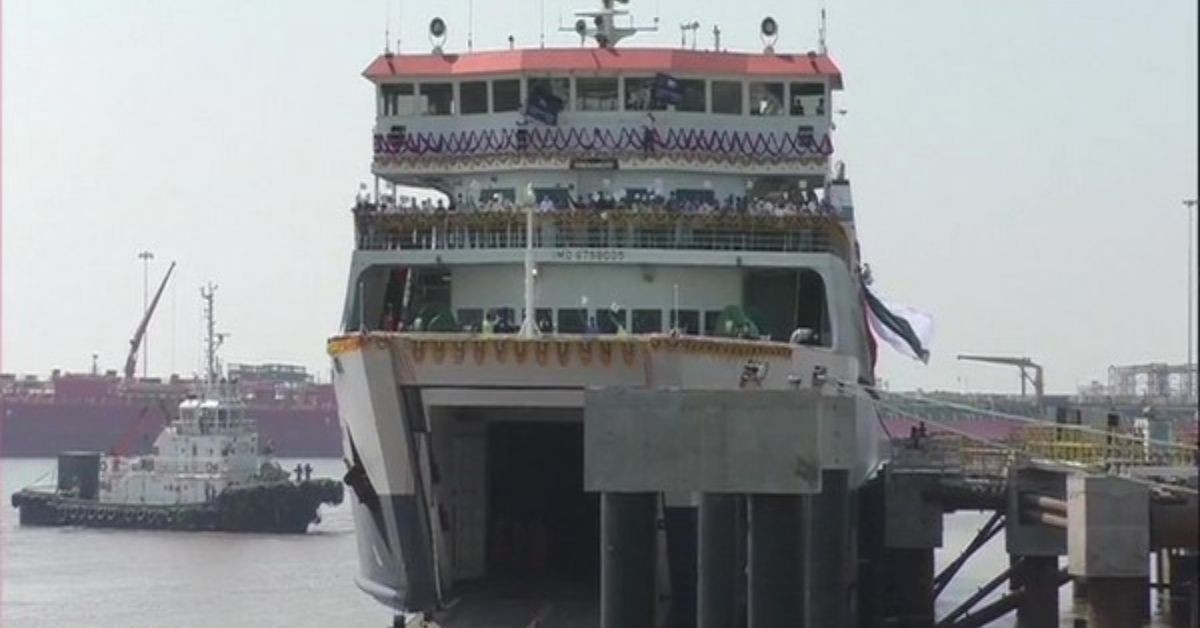Wärtsilä has bagged an order to provide the hybrid battery-powered propulsion systems for three new roll-on/roll-off passenger (RoPax) vessels currently being built for Stena RoRo, Europe´s largest ferry company. Two of the ferries will be powered with a battery capacity of 11.5 MWh, making them the marine industry’s largest hybrid battery-powered vessels to date and approximately double that typically being used currently for hybrid propulsion.
The vessels will be long-term chartered to Brittany Ferries for operation between Portsmouth in the UK and French ports of St Malo and Caen. The vessels are currently being built at the China Merchants Jinling (Weihai) Shipyard with delivery expected to take place in 2024 and 2025.
The vessels will be feature the latest generation Leclanché energy storage system, called the Navius MRS-3, which has both a size and weight advantages versus comparable marine batteries.
“The extensive battery size will allow the vessels to operate with full power, using both propellers and all thrusters to manoeuvre emissions-free in and out of ports, even in bad weather,” says Håkan Agnevall, President & CEO at Wärtsilä. “The built-in shore power solution will charge the batteries while berthed. Wärtsilä’s unique Energy Management System will optimise the total hybrid propulsion system.”
“Stena wants to be a frontrunner in decarbonising our fleet and, together with our partners, pushing developments towards zero emission operations,” says Per Westling, Managing Director, Stena RoRo. “Hybridisation allows our vessels to be highly flexible as we adapt to future technology developments, including green fuels, fuel cells, bigger batteries, and solar or wind supported propulsion.”
For Brittany Ferries, the vessels will follow the introduction of two LNG-powered ships as part of its fleet renewal program.
“From day one of operation, ports like St Malo in France and Portsmouth in the UK will benefit from these cleaner hybrid vessels. Shore-side power capability means further benefits will be realised, as investment by ports in plug-in infrastructure allows,” added Christophe Mathieu Brittany Ferries CEO.








